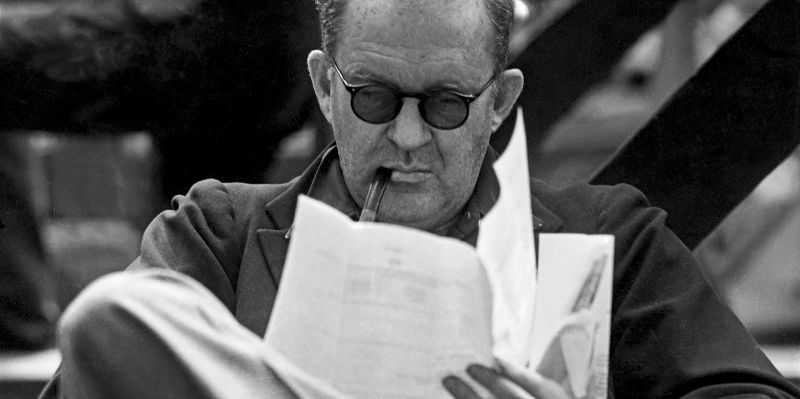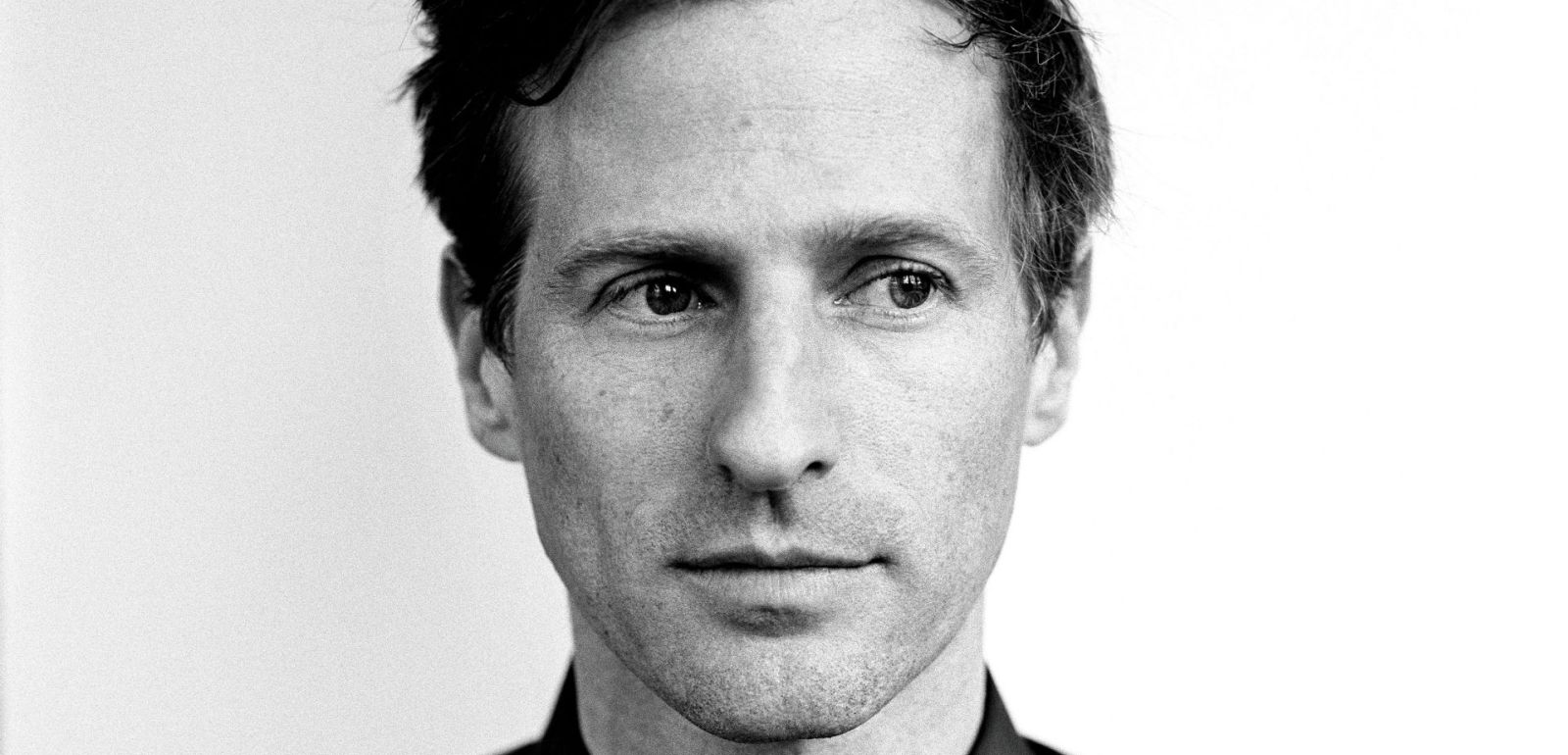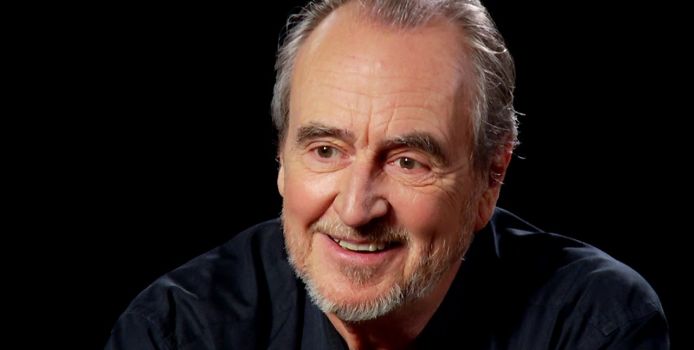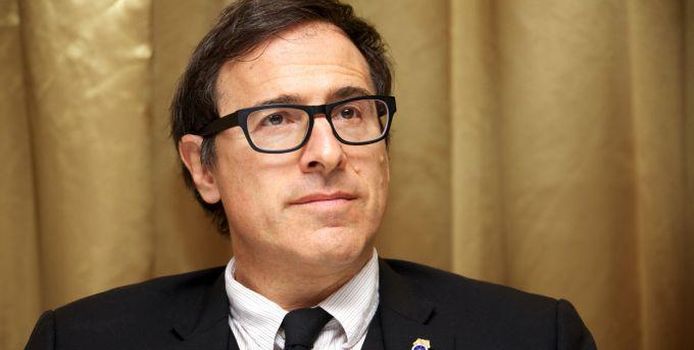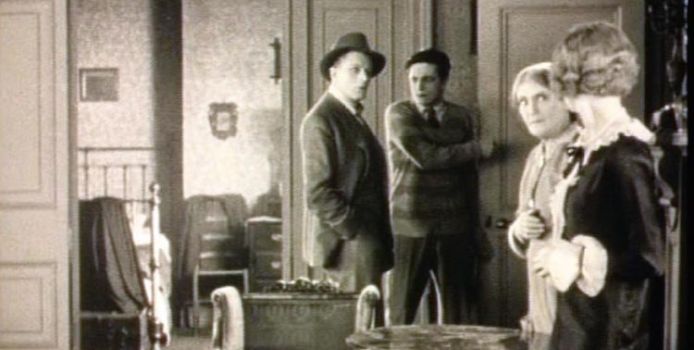beginner’s guide
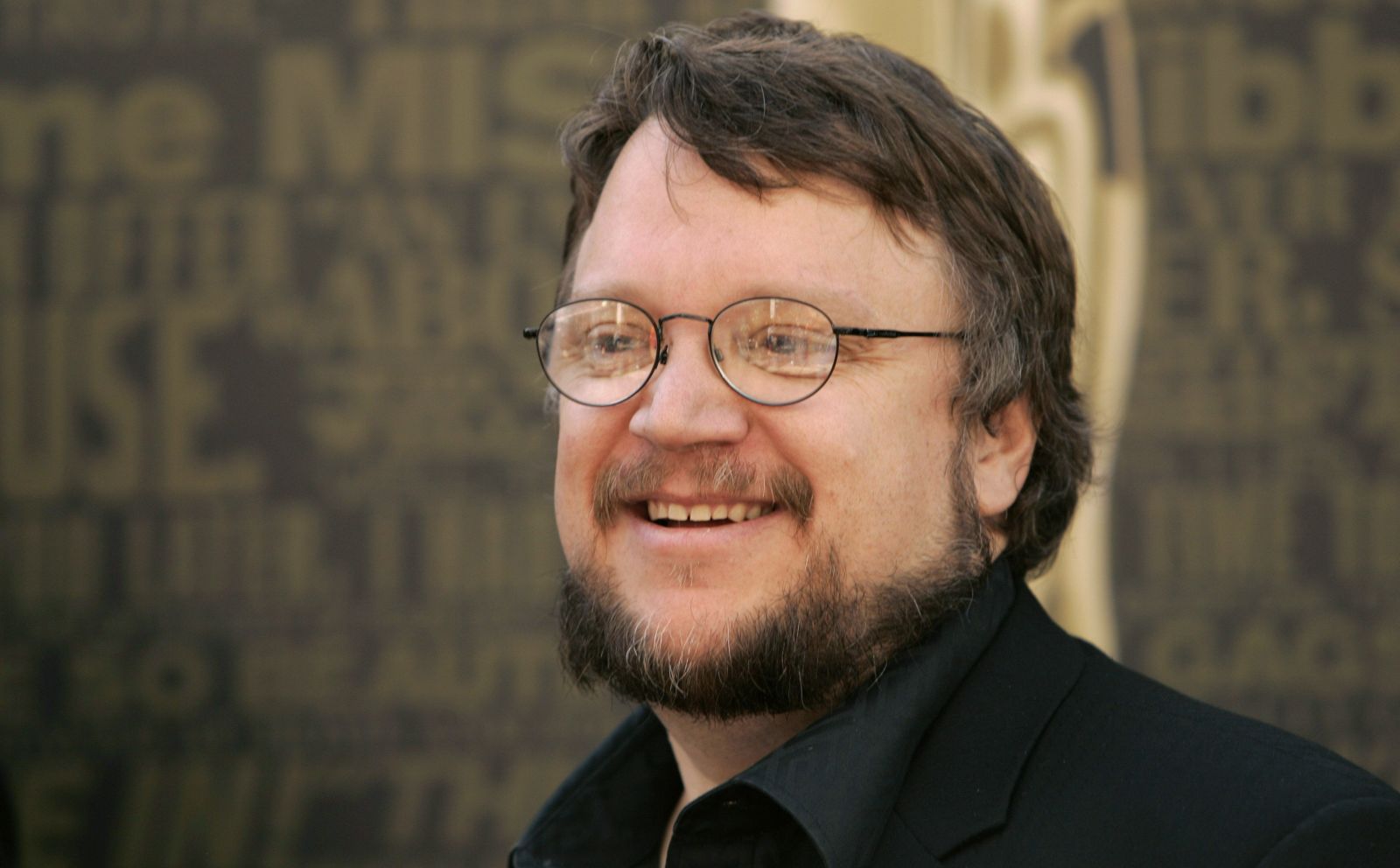
Near the conclusion of Hellboy II, we find the eponymous hero at death’s doorstep. Hellboy is laid at the feet of his personal Angel of Death, a shrouded, veiled monstrosity whose ragged wings are festooned with a series of enormous, amber eyes. Elizabeth Sherman, Hellboy’s partner, cradles his unconscious body in a pose reminiscent of the Pietà, an aesthetic emphasized by the magical spearpoint thrust into Hellboy’s side.

David Lynch has one of the most polarizing bodies of work in Hollywood (though he is objectively one of the nicest and most genuine people there). His films divide audiences like they were born of a marriage between Moses and Solomon. Filled with peculiar idiosyncrasies and defiantly flaunting conventions of both genre and narrative, Lynch’s films have been stubborn in their consistency for most of his career.

British director Alfred Hitchc*ck’s reputation as the “Master of Suspense” is still familiar to moviegoers around the world 25 years after his death. Hitchc*ck’s jowly visage and drawling accent are pop culture fixtures, and his movies are endlessly imitated and even spun-off into popular TV series. However, Hitchc*ck was more than just the man who gave the world Norman Bates and that infamous shower scene in Psycho (1960).
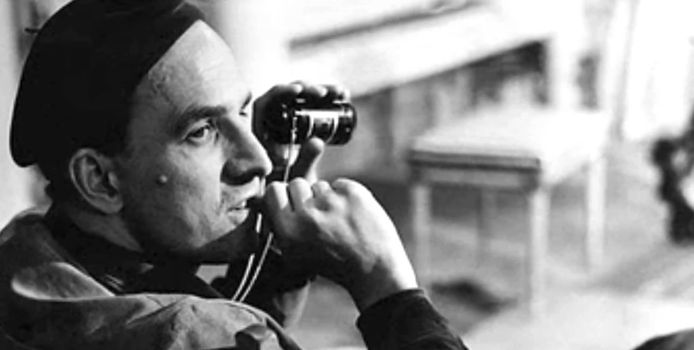
Saying you like Ingmar Bergman is like saying you like cinema. His influence and style have become more than an influence, a defining layer in the foundation of cinema. With some directors you can recall a few classic movies, but with filmmakers like Bergman, who has so many definitive credits as a director, his filmography can almost seem too daunting to follow.
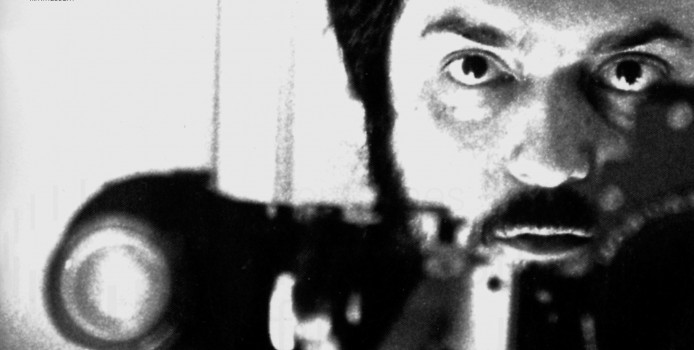
There’s no arguing that if you have even a mild interest in film, you’ve likely heard of Stanley Kubrick. You’ve probably even seen at least one of his films, or, barring that, maybe some of the more famous clips (especially if you’re a film student). So my approach to this “Beginner’s Guide” is to recommend that you forget all that.
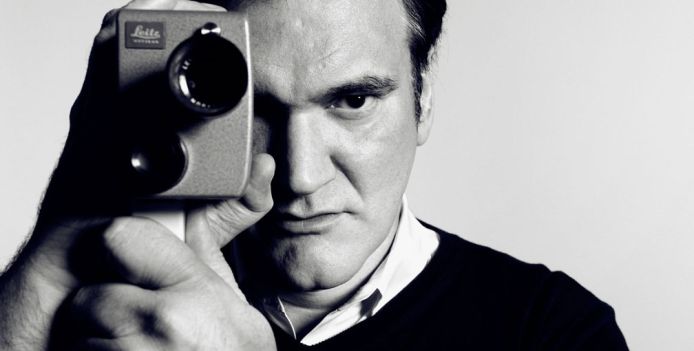
Controversial, unapologetic, and brilliant all at the same time, Quentin Tarantino is one of the most unique directors in film history. Dropping out of high school at age 15 to pursue acting and his love of films by working at a video rental store, Tarantino developed a unique understanding and appreciation for movies that cannot be taught in a formal setting. His films are notorious for gratuitous violence, pop culture references, and extended scenes of dialogue.
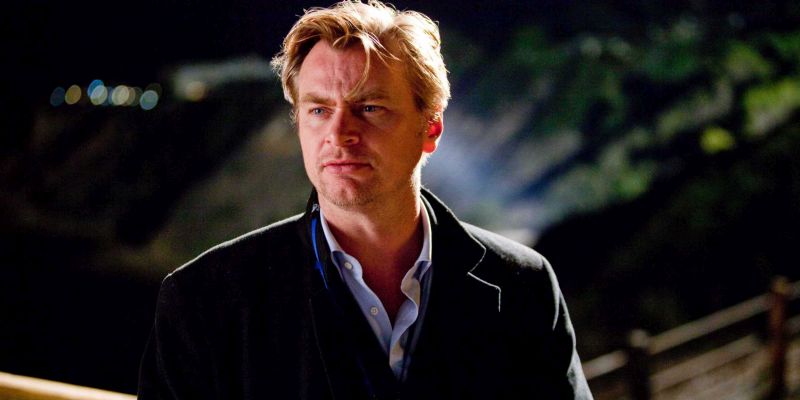
One of the year’s most-anticipated films is Interstellar, and it is directed by acclaimed director Christopher Nolan. It will be the first film he does exploring space. He began his resume with a short film called Doodlebug, and since then, he has taken Hollywood by storm directing nine films that include Following, Memento, Insomnia, The Prestige, Inception, and the The Dark Knight trilogy.

When the majority of people are asked for their opinions on the topic of ‘best film directors’, a usual set of names are mentioned. While individuals will naturally have personal and less predictable choices, there is a good chance that at least one of their suggestions will be from a set of list of collectively-decided greats: Kubrick, Hitchc*ck, Scorsese and the like.


